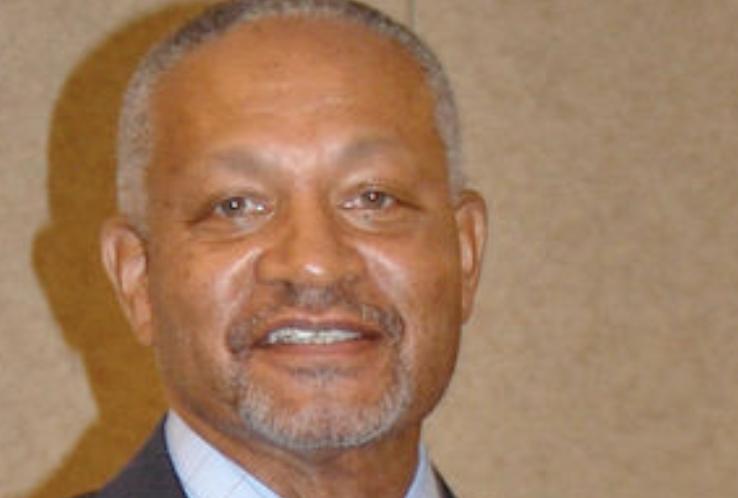The death early last week of Eric Lowery at 71 was a jolt to his family and legion of friends. During his 22 years on the Eastern Shore, he impressed so many with his strong sense of community service and his low-key but effective style of communicating.
As he readily admitted, Lowery still carried the Vietnam War with him. It was an emotional burden, commonly referred to as Post-Traumatic Stress Syndrome (PTSD). It afflicted many returning veterans.
Unfortunately, unlike the military’s current attitude about the urgent need for psychological help for combat veterans, PTSD was barely understood more than 50 years ago when Lowery returned as a young man to a country that treated Vietnam veterans with undeserved disrespect.
He earned a Bronze Star as an Army soldier during his service in 1968-69.
A relationship with Eric Lowery revealed a humble, friendly and genuine person. These characteristics, combined with a driving desire to build a better community based on racial tolerance, led him to become president of the Frederick Douglass Honor Society and a guiding force in creating and funding a statue honoring this great American icon on the grounds of the Talbot County Courthouse.
A native Baltimorean who worked 33 years for the City of Baltimore, he moved to Talbot County in 1998, settling in Unionville, where his wife Harriette’s family was one of the original 18 African-American families to lease lots on land donated by the Cowgill family for use by returning Civil War veterans who fought with the Union Army.
He later worked at Chesapeake College, primarily in technology support and instruction.
The quiet, rural pace of life on the Eastern Shore seemed to suit Lowery. His circle of friends crossed ethnic and racial lines. He sought change through collaboration, not confrontation. He saw enough war in Southeast Asia.
Eric and Harriette Lowery were a potent and charismatic couple. While Harriette is an outgoing, enthusiastic person, her husband charted his life’s journey in a more understated but equally welcoming way. Their relationship was rock-solid, fueled by abundant love and admiration.
In early 2020, the community lost John Ford, well-respected president of the Easton Town Council and longtime and valued employee at the Chesapeake Bay Maritime Museum. Both Ford and Lowery drew people to them through their innate decency and listening skills.
Both Ford and Lowery sought to improve life in our wonderful community through outreach to a diverse group of people. Each rarely trafficked in self-congratulation. Each valued humility.
It’s difficult, if not impossible to replace quality people like Ford and Lowery. We can be forever thankful they traveled our way.
Eric Lowery, with his loving wife by his side, navigated life burdened by memories of war fought by young men and women whose wounds were often invisible. His accomplishments during 22 years in Talbot County hopefully enabled him to push the demons aside.
Of course, life moves on. Eric Lowery made mine and others better.
Columnist Howard Freedlander retired in 2011 as Deputy State Treasurer of the State of Maryland. Previously, he was the executive officer of the Maryland National Guard. He also served as community editor for Chesapeake Publishing, lastly at the Queen Anne’s Record-Observer. In retirement, Howard serves on the boards of several non-profits on the Eastern Shore, Annapolis and Philadelphia.



Carla Massoni says
Thank you.
Howard Freedlander says
He will be sorely missed, Carla.